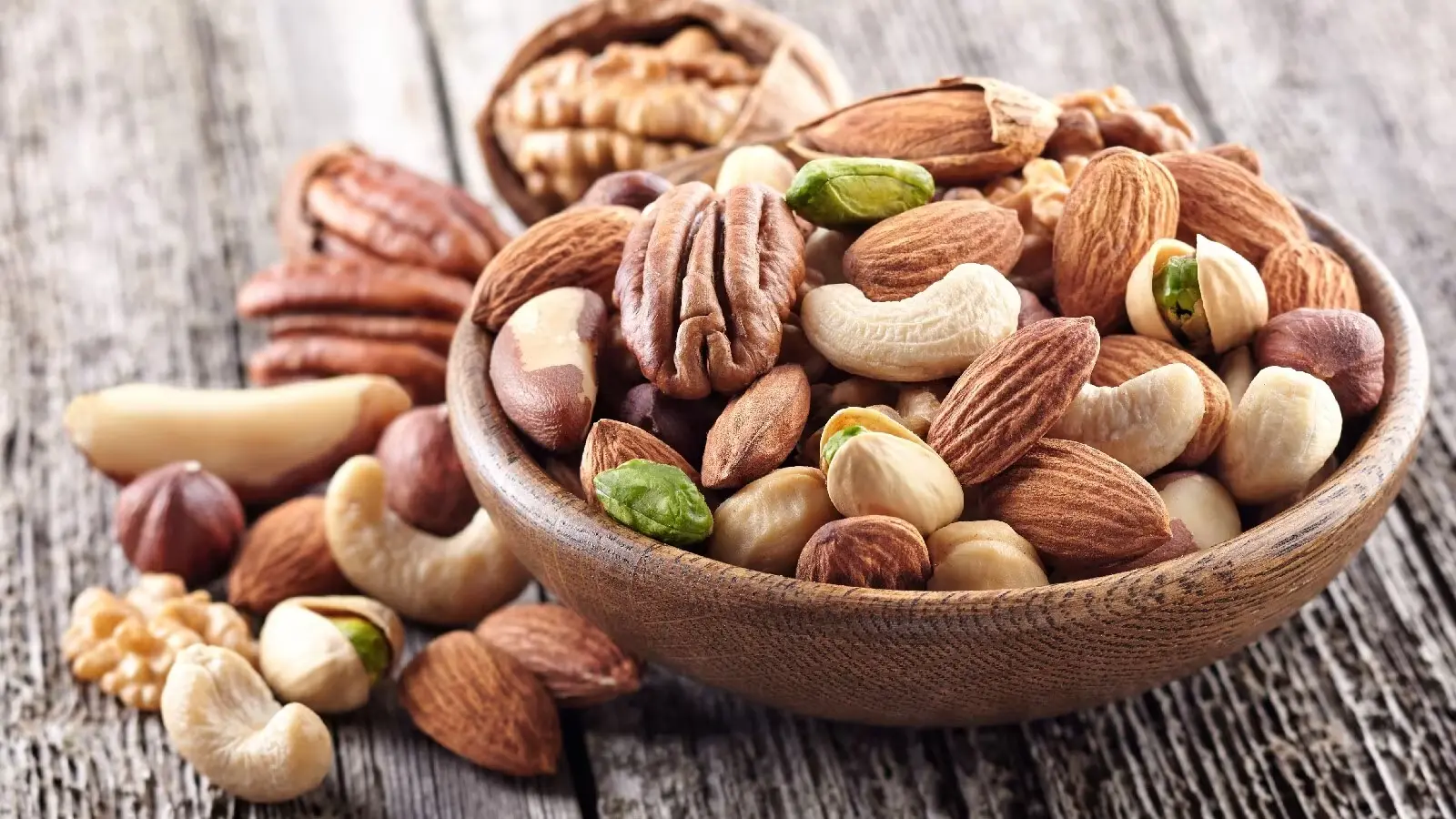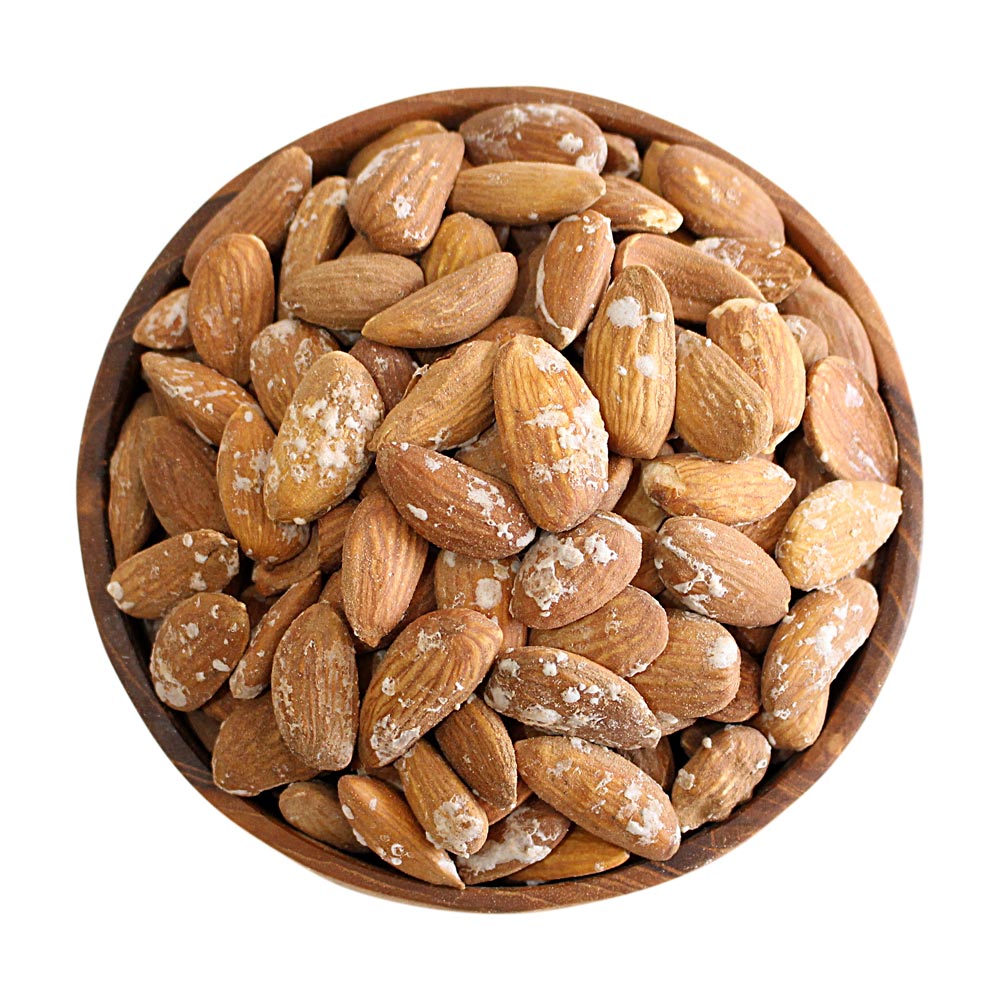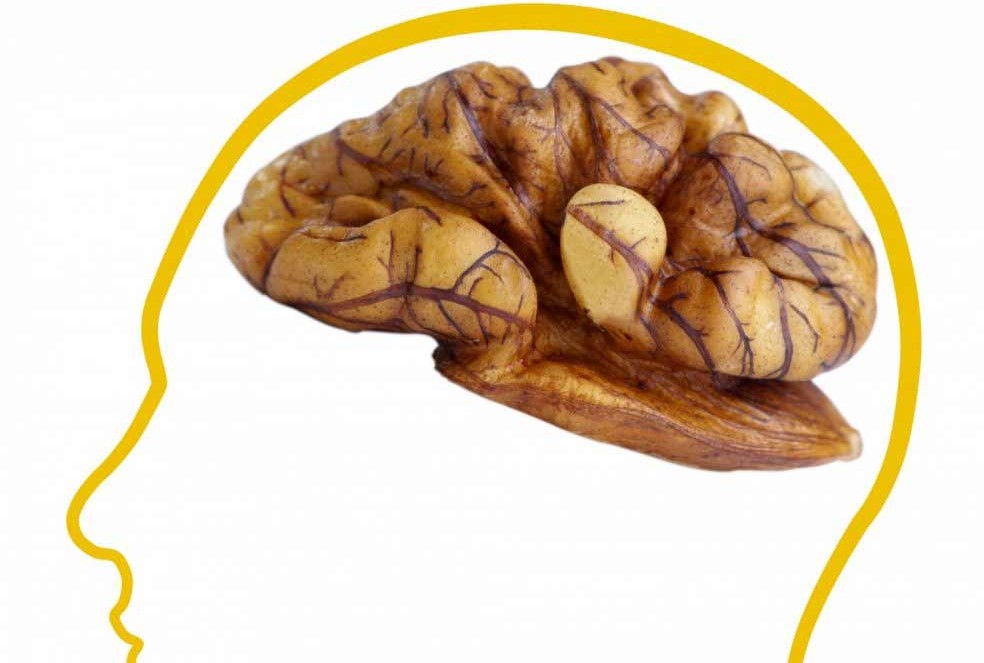
The Art of Drying Fruits in Iran

The Best Iranian Dried Fruits for a Healthy Breakfast
The Cognitive Benefits of Consuming Nuts Regularly
Nuts are not only a delicious and convenient snack, but they are also packed with nutrients that have been shown to boost brain function and support overall cognitive health. Rich in healthy fats, antioxidants, vitamins, and minerals, nuts can help protect the brain from oxidative damage, improve memory, and even enhance mood. Here’s a closer look at how regular consumption of nuts can benefit brain health.

Persian Nuts
1. Rich in Healthy Fats for Brain Function
Nuts are a great source of unsaturated fats, particularly omega-3 fatty acids and omega-6 fatty acids, which are crucial for maintaining healthy brain function. The brain is composed largely of fat, and consuming these healthy fats helps support cognitive processes like memory, learning, and concentration.
Key Nuts for Healthy Fats:
- Walnuts: Among the richest plant-based sources of omega-3 fatty acids, especially alpha-linolenic acid (ALA), which supports brain function.
- Almonds and pistachios: High in monounsaturated fats, which are associated with improved cognitive function and a reduced risk of cognitive decline.
How Healthy Fats Benefit the Brain:
- Supports neuron function: Omega-3 fatty acids, particularly those found in walnuts, play a critical role in maintaining the structure and function of brain cells (neurons). They help protect neurons from inflammation and promote communication between brain cells.
- Improves cognitive performance: Consuming nuts rich in healthy fats has been linked to enhanced memory, focus, and problem-solving skills.

Persian Nuts
2. Packed with Antioxidants for Brain Protection
Nuts are rich in antioxidants, compounds that help protect brain cells from oxidative damage caused by free radicals. Oxidative stress is a key factor in the aging process and has been linked to cognitive decline and neurodegenerative diseases such as Alzheimer’s and Parkinson’s.
Key Nuts for Antioxidants:
- Walnuts: Loaded with polyphenolic compounds and vitamin E, which help reduce inflammation and protect brain cells from damage.
- Pecans and hazelnuts: High in vitamin E, a powerful antioxidant that helps maintain cognitive function and protects against age-related cognitive decline.
How Antioxidants Benefit the Brain:
- Prevents oxidative stress: Antioxidants in nuts neutralize free radicals, reducing oxidative stress and protecting brain cells from damage, which can lead to cognitive decline.
- Reduces inflammation: Chronic inflammation in the brain has been linked to neurodegenerative diseases. The anti-inflammatory properties of antioxidants found in nuts help maintain healthy brain function and protect against these conditions.

Persian Nuts
3. Improves Memory and Learning
Research has shown that regularly consuming nuts can improve memory and learning abilities. The combination of healthy fats, antioxidants, and essential nutrients in nuts supports the hippocampus, the part of the brain responsible for memory and learning.
Key Nuts for Memory Enhancement:
- Walnuts: Studies suggest that walnut consumption may improve memory and cognitive performance due to their high levels of omega-3s and polyphenols.
- Almonds: Rich in vitamin E, almonds have been linked to improved long-term memory and recall ability.
How Nuts Improve Memory:
- Enhances neuroplasticity: Omega-3 fatty acids found in walnuts and other nuts promote neuroplasticity, the brain’s ability to form new connections and adapt to new information, which is essential for learning and memory.
- Protects against cognitive decline: The antioxidants and anti-inflammatory compounds in nuts help preserve brain health and slow the progression of age-related memory loss.

Persian Almonds
4. Boosts Mood and Reduces Stress
Nuts contain a variety of nutrients that have been linked to improved mood and reduced levels of stress and anxiety. Regular nut consumption can help regulate neurotransmitters, such as serotonin and dopamine, which play key roles in mood regulation.
Key Nuts for Mood Enhancement:
- Cashews: A good source of magnesium, which is known to regulate mood and reduce symptoms of anxiety and depression.
- Brazil nuts: High in selenium, an essential mineral that has been linked to improved mood and reduced anxiety.
- Pistachios: Contain vitamin B6, which helps produce serotonin, a neurotransmitter that promotes happiness and reduces stress.
How Nuts Boost Mood:
- Regulates neurotransmitter function: The nutrients in nuts, such as magnesium and vitamin B6, support the production and regulation of neurotransmitters like serotonin and dopamine, which are responsible for feelings of well-being and relaxation.
- Reduces anxiety and stress: Magnesium, in particular, is crucial for calming the nervous system, and studies show that magnesium deficiency is linked to increased anxiety. Nuts high in magnesium, such as cashews, can help mitigate these symptoms.

Persian Pistachio
5. Supports Brain Development in Children
Nuts are an excellent source of nutrients that are critical for brain development in children. Healthy fats, protein, and vitamins help support cognitive development, enhance memory, and improve focus in growing children.
Key Nuts for Child Brain Development:
- Walnuts: The omega-3 fatty acids in walnuts are particularly important for the development of the brain in children, supporting cognitive function and memory.
- Almonds: Rich in vitamin E, almonds help with brain development, memory retention, and concentration.
How Nuts Benefit Child Brain Development:
- Promotes cognitive growth: Omega-3 fatty acids, protein, and other essential nutrients in nuts contribute to the growth of brain cells and enhance cognitive development in children.
- Improves concentration and learning: The high levels of vitamin E and healthy fats in nuts like almonds and walnuts support better focus and learning capabilities.

Persian Walnuts
6. Reduces the Risk of Neurodegenerative Diseases
Regular nut consumption has been linked to a reduced risk of neurodegenerative diseases like Alzheimer’s and Parkinson’s. The combination of antioxidants, healthy fats, and anti-inflammatory properties in nuts helps protect the brain from the effects of aging and oxidative stress.
Key Nuts for Preventing Neurodegenerative Diseases:
- Walnuts: With their high concentration of omega-3s and antioxidants, walnuts are particularly beneficial in protecting the brain from conditions like Alzheimer’s.
- Pistachios: Rich in lutein and zeaxanthin, which protect brain cells from oxidative damage, potentially lowering the risk of neurodegenerative diseases.
How Nuts Help Prevent Neurodegenerative Diseases:
- Protects against cognitive decline: The antioxidants in nuts help protect brain cells from damage caused by free radicals, reducing the risk of neurodegenerative diseases.
- Supports brain function: Healthy fats and essential nutrients in nuts improve neuron communication, brain plasticity, and cognitive function, which are crucial for preventing diseases like Alzheimer’s.
7. Source of Essential Vitamins and Minerals
Nuts are rich in vitamins and minerals that are essential for maintaining brain health and cognitive function. These nutrients support neuron health, neurotransmitter function, and overall brain activity.
Key Vitamins and Minerals in Nuts:
- Vitamin E: Found in almonds, hazelnuts, and pecans, vitamin E is crucial for protecting the brain from oxidative stress and supporting memory function.
- Magnesium: Cashews and almonds are excellent sources of magnesium, which is important for proper brain function, reducing stress, and maintaining a healthy nervous system.
- Zinc: Pistachios and cashews are rich in zinc, a mineral that supports cognitive function and brain health.
How Vitamins and Minerals Support Brain Health:
- Protects against oxidative damage: Vitamin E helps prevent oxidative damage to brain cells, slowing down the aging process and protecting cognitive function.
- Regulates brain activity: Magnesium and zinc are essential for maintaining proper brain function and protecting against mental fatigue, memory loss, and concentration problems.

Cashews
Conclusion
Nuts are a nutritional powerhouse for brain health, offering a wide range of cognitive benefits. From boosting memory and improving focus to protecting against neurodegenerative diseases and reducing stress, regular consumption of nuts can have a profound impact on brain function. Whether you enjoy walnuts, almonds, pistachios, or cashews, incorporating nuts into your diet is a delicious and effective way to support cognitive health and mental clarity.







